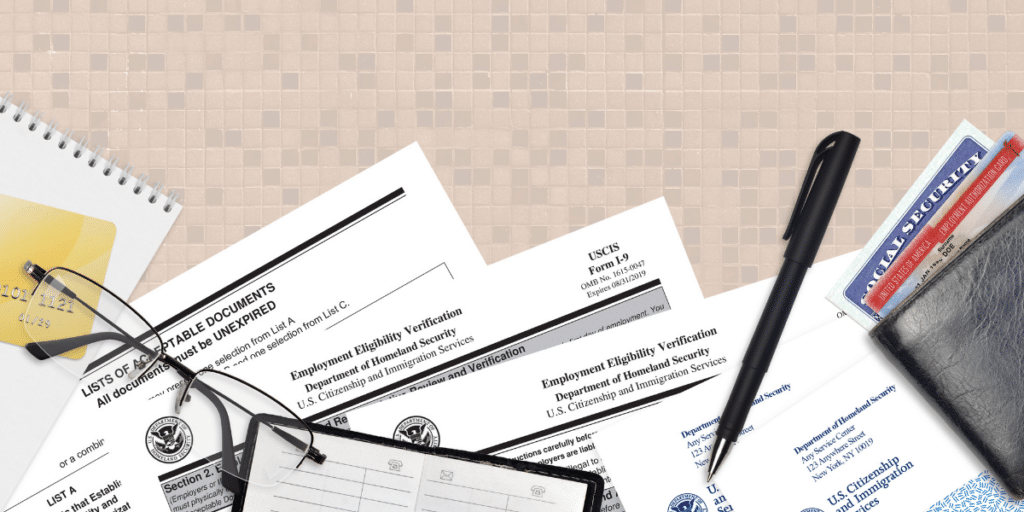As a family law attorney in North Carolina, I’ve seen many parents assume that their legal status as a parent is secure, especially when the family unit remains intact. However, for LGBTQ families, this assumption doesn’t always hold true. The question of parentage can be complex, particularly when one parent is biological, and the other is not. In a recent decision Green v. Carter, the North Carolina Court of Appeals reaffirmed the principle: custody rights alone do not automatically grant someone legal parentage. For LGBTQ families, this legal reality can lead to challenges.
Understanding Parentage in North Carolina: The Impact on LGBTQ Families
In North Carolina, the laws surrounding parentage traditionally rely on two main criteria: genetics and marital status. For LGBTQ families, this can create a legal gap. When children are conceived through artificial reproductive technology (ART), only the biological parent is initially recognized as a legal parent. The other partner, even though they may be actively involved in raising the child, is often seen as a “third party” with loco parentis status (meaning “in the place of a parent”). While this loco parentis status can sometimes grant the non-biological parent custodial rights, it does not confer full parental rights under the law. This creates a complicated situation for LGBTQ parents who wish to establish legal parentage for both partners.
The Challenge of North Carolina’s Parentage Laws
The laws in North Carolina have not kept pace with advancements in ART. There is one statute that addresses children conceived with the assistance of ART (i.e., artificial insemination), and it was originally designed for heterosexual couples, specifically “husband and wife.” After the Obergefell decision legalized same-sex marriage, North Carolina amended its laws to interpret terms like “husband and wife” as including any two legally married individuals. However, the statute still only applies to a narrow set of circumstances, mainly when a child is conceived by way of artificial insemination, the parents are married, and both spouses sign a written agreement. Even then, there is limited case law to ensure this will always be applied consistently for same-sex couples.
What happens when a child is conceived using in vitro fertilization (IVF) or when there is no written agreement between spouses? Or if the couple was not married at the time of conception or never married? In these cases, determining who is legally recognized as a parent is often a complex and uncertain matter—especially when the existing laws were not designed to address the realities of modern family structures, including those of LGBTQ families.
Stepparent Adoption: A Solution for Many LGBTQ Families
For LGBTQ families looking to ensure both parents are legally recognized as parents, stepparent adoption can be a viable solution. This process allows the non-biological parent to legally adopt the child of their spouse, establishing them as a legal parent under North Carolina law.
The basic requirements for stepparent adoption in North Carolina are as follows:
- You must be married to the child’s biological or legal parent for at least six months.
- You must live with the child and your spouse.
- If the child is 12 years or older, they must consent to the adoption.
- You must have lived in North Carolina for at least six months before filing the petition.
- If you’ve been married for more than two years, you may not need a home study.
Why You Should Consult with an Attorney
Given the complexities of North Carolina’s laws around parentage and the lack of comprehensive legislation addressing the needs of LGBTQ families, it is important to consult with an attorney that can explain the difference between custody and parentage, and how to protect your family. Reach out to Amanda B. Cannavo to schedule a consultation and learn how we may assist with your Stepparent Adoption to protect both parents’ rights.

CATEGORIES

Contact Amanda Cannavo
Our attorneys offer specialized guidance and representation in a variety of practice areas.

REMEMBER: Always speak with your own attorney
This information is provided for informational purposes only; it is not offered as and does not constitute legal advice.
More Insights and Resources
Learn more about what to expect when facing a family law dispute in Charlotte, North Carolina from Family Law attorneys at Dozier Miller Law Group
What NC House Bill 269 Could Mean for Non-Compete Agreements in North Carolina
Non-compete agreements have long been a controversial tool in the corporate world—sometimes protecting legitimate business interests, and…
Protect What Matters Most: Estate Planning for Every Stage of Life
Thinking about the future doesn’t always come naturally. Many of us get caught up in the day-to-day,…
Will a Separation Protect Me Financially?
Separation is never easy, especially when financial questions start piling up. Can you protect your savings? Will…
Practical Custody Arrangements for Families
Trying to figure out custody arrangements? You’ve probably come across terms like joint custody, primary custody, and…
Future-Proof Your Business Against Form I-9 Changes
Running a business is no small feat. Between managing your team, keeping customers happy, and planning for…
When Do You Need an Attorney for a Breach of Contract Case?
Contracts are the backbone of any good business relationship. They bring clarity, set expectations, and hold everyone…
Navigating Immigration Changes and Their Impact on Employment Law
No matter the size of your business, immigration law affects your ability to hire and retain the…
LGBTQ Families and Stepparent Adoption: What You Need to Know in North Carolina
As a family law attorney in North Carolina, I’ve seen many parents assume that their legal status…
What to Do When You Get a Bad Google Review
If you’re a Charlotte business owner, you know just how important your online reputation is. Around 98%…
Managing Your Immigration Status in 2025
The 2024 election brought significant shifts to U.S. immigration policy, many of which have already begun reshaping…










